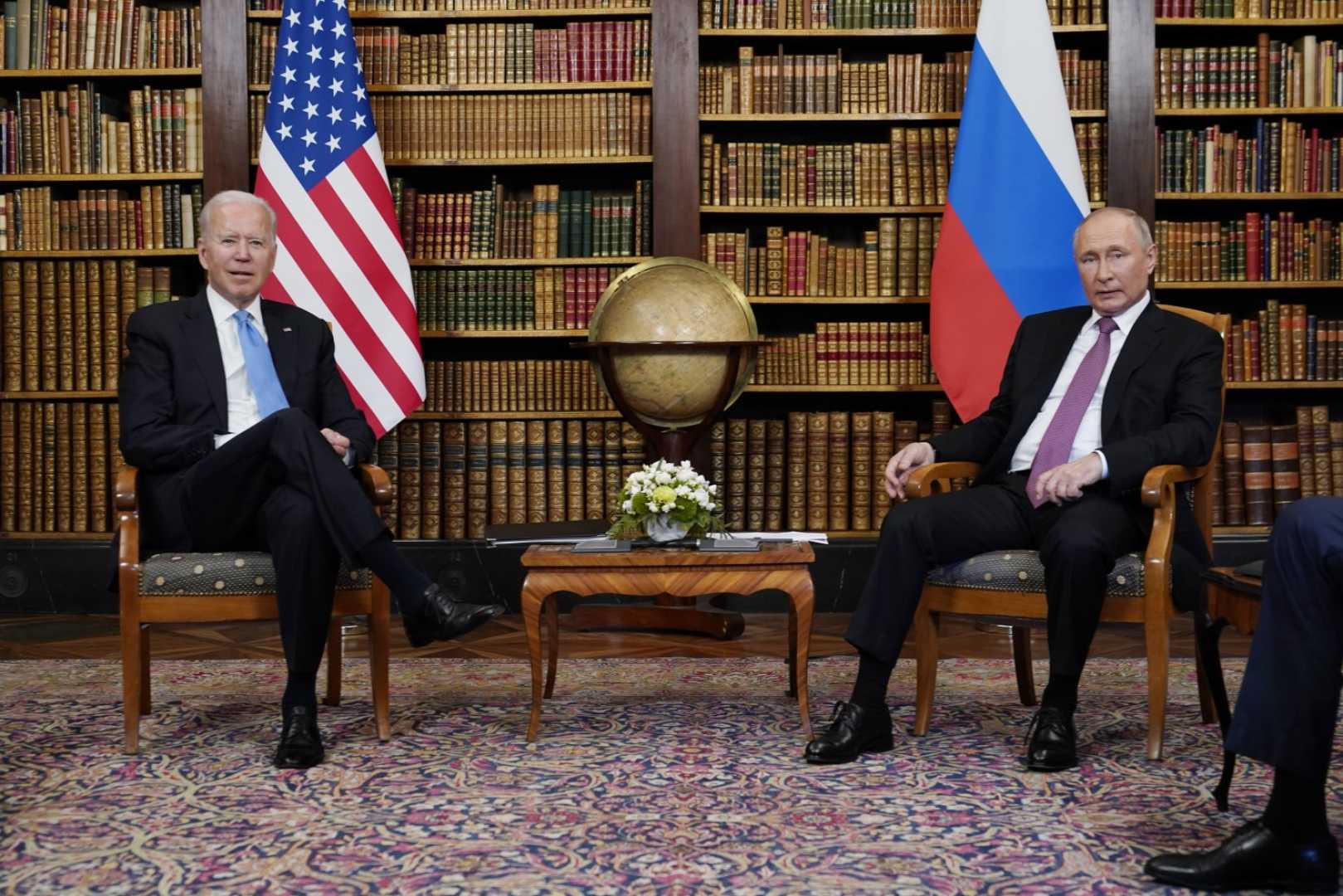Politics
Meetings between U.S., Russian Presidents Reflect Tense Relations

GENEVA, Switzerland — U.S. President Joe Biden and Russian President Vladimir Putin met officially only once on June 16, 2021, amidst rising tensions due to Russia’s military buildup on the Ukrainian border and allegations of cyberattacks. The three-hour summit resulted in no major breakthroughs, with both leaders reaffirming their contrasting positions on several issues.
The context of their meeting included a crackdown on dissent in Russia, illustrated by the earlier jailing of opposition leader Alexei Navalny. Biden and Putin next connected through videoconference in December 2021, where Biden warned of sanctions if Russia invaded Ukraine, while Putin sought assurances against Ukraine’s NATO membership—an idea that was swiftly dismissed by the U.S. and its allies.
Before this, U.S. President Donald Trump had six notable meetings with Putin during his term, including a controversial summit in Helsinki in July 2018. Trump seemed to side with Putin regarding allegations of election interference, undermining U.S. intelligence findings. ‘I don’t see any reason why it would be [Russia],’ Trump famously claimed.
Barack Obama experienced a more frequent, yet increasingly strained relationship with Putin, meeting nine times directly and engaging on various global issues such as arms control and conflicts in Syria and Ukraine. Their final meeting occurred in September 2016 at a G20 summit, where tensions were already palpable.
George W. Bush had the most face-to-face interactions with Putin, with 28 meetings over his two terms. Their relationship was initially described as cordial, evidenced when Bush suggested he had ‘looked the man in the eye’ and found him trustworthy.
Bill Clinton was among the first U.S. leaders to meet Putin, discussing crucial topics shortly after Putin’s inaugural presidency in 2000. Clinton notably indicated a potential openness to Russian NATO membership, which he later expressed was not feasible.
Biden and Putin have not spoken publicly since the Russian invasion of Ukraine, marking a stark change in a relationship once characterized by regular high-level dialogue.












